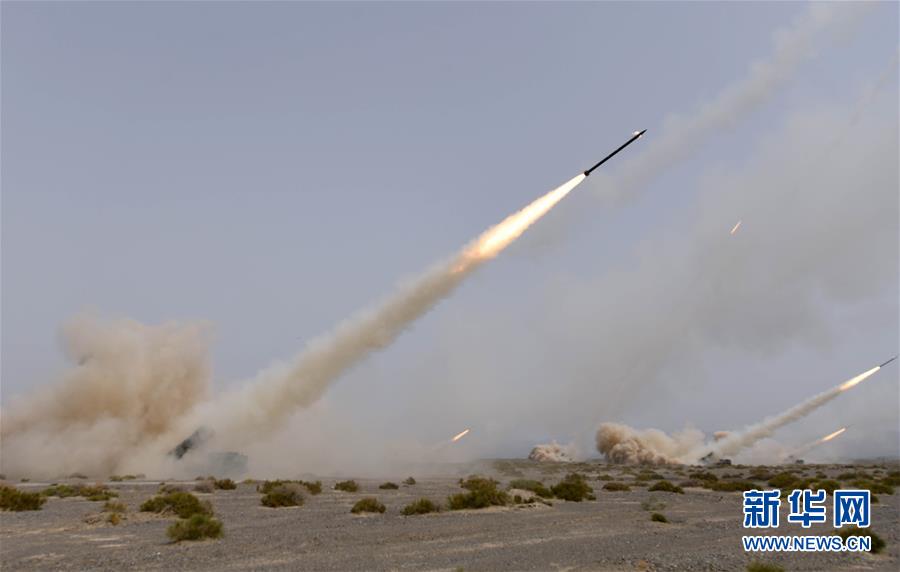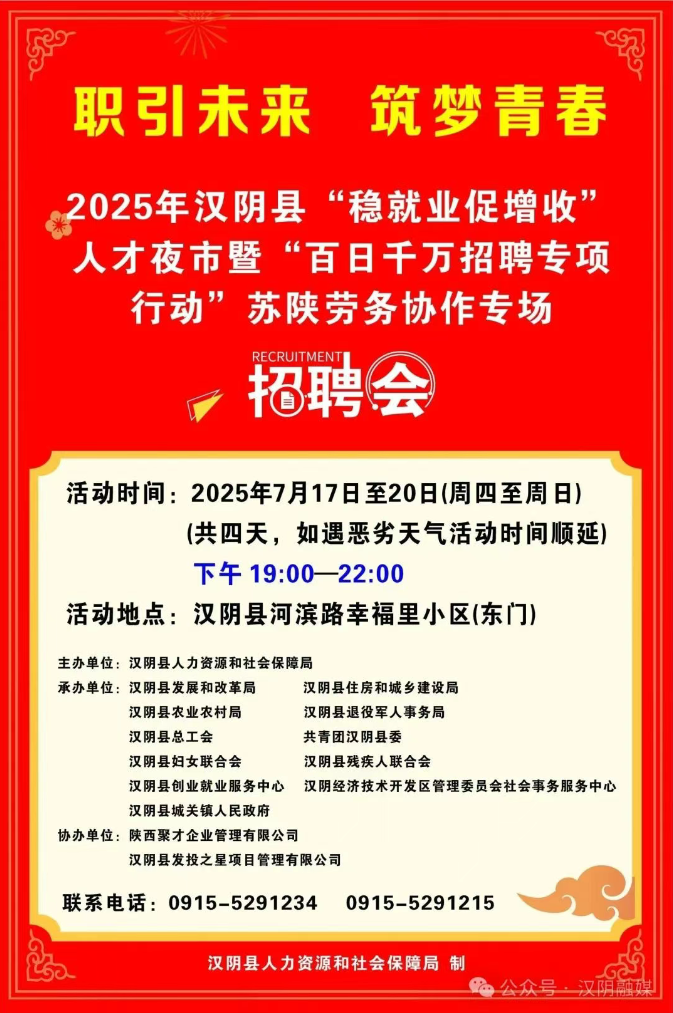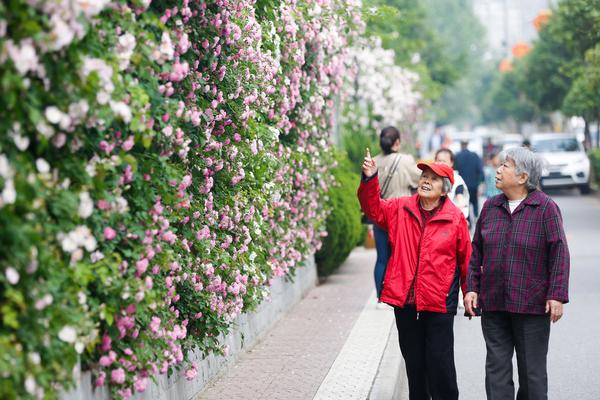中央媒体走基层|《中国日报》Yunnan sprouting into nation's 'vegetable basket'



Yunnan sprouting into nation's 'vegetable basket'
Poverty alleviation model expanded to enrich one of China's most fertile provinces
Long known for its breathtaking landscapes and ethnic diversity, Southwest China's Yunnan province is emerging as a national leader in specialty agriculture, transforming its once-impoverished rural regions into engines of economic renewal.
From sweet apples in Zhaotong to traditional cured meats in Xuanwei and leafy vegetables in Luliang, the highlands are cultivating not only crops, but also opportunities for the 88 counties in the province that have been lifted out of poverty.

Farmers pick apples at a production base of Zhaotong Chaoyue Agriculture in Zhao tong, Yunnan province. XU JING/FOR CHINA DAILY
Fruitful harvest
Perched on the Yunnan-Guizhou Plateau and located in the heartland of the Wumeng Mountains in the northeast of the province, Zhaotong was once a city with the largest impoverished population in China.
Now, it is Southwest China's largest producer of apples thanks to its low latitude, high elevation, generous sunshine and dramatic daily temperature swings. These ideal growing conditions have made Zhaotong's apples sweet, crisp and nationally recognized.
With nearly 66,700 hectares under cultivation, Zhaotong harvested 1.3 million metric tons of apples last year, generating a revenue of 15 billion yuan ($2.07 billion). The apple industry has directly benefited 138,000 households, touching the lives of over half a million residents, according to local officials.

Two farmers divide apples of various sizes into different categories at an orchard in Zhaotong in September. CHEN XINBO/XINHUA
In April of last year, apples from Zhaotong made headlines when they were included in the fresh food supply aboard the Shenzhou XVIII spacecraft.
A major individual orchard in Zhaotong's Zhaoyang district covers 6,670 hectares with 118 apple varieties, one of the largest of its kind. Yang Longjiang, director of the district's industry development center, said advanced agricultural techniques learned from New Zealand and elsewhere are yielding world-class results.
"The orchard applies dwarf root-stocks that yield fruit faster and uses an integrated drip irrigation system that can precisely deliver water and fertilizer, conserving precious resources," Yang said.
"Combined with monthly wages from working at the base, we can earn 80,000 yuan a year and live a better life," said Ding Kaiwen, a former tobacco farmer who works in the orchards with his wife. Their family also receives an annual land lease payment of 14,400 yuan.
The district's agricultural officials report that formerly impoverished households have seen average income increases of 4,800 yuan thanks to the apple boom.
Branding has also played a crucial role in the success of the local apple industry. The Zhaoyang Red, one of the region's signature apple brands, has earned 93 green food and multiple organic certifications, paving the way for exports to the United Arab Emirates, Thailand and beyond.
Premium supermarket chains such as Sam's Club and Freshippo stock Zhaotong apples, selling at 8 to 14 yuan per kilogram. Orchard tourism and fruit-picking festivals have also emerged to breathe new life into local economies.
High-tech ham
Xuanwei ham, a dry-cured specialty with a legacy dating back centuries, is another Yunnan food specialty that has found its place on the dinner tables of Chinese consumers. It sits alongside Italy's Parma ham and Spain's Iberico ham. In 2023, the pig farming and ham industry in Xuanwei generated over 18.5 billion yuan, producing nearly 70,000 tons of ham and lifting thousands of households out of poverty.

Cured meats are air-dried at a production base of local manufacturer Lap-Jon Ham in Xuanwei, Yunnan province. [Photo provided to CHINA DAILY]
Zhou Jianmei, quality control manager at leading brand Lap-Jon Ham, recalls the moment they realized tradition alone wouldn't be enough. "We knew the quality of our pigs was top-tier, but our production chain lagged behind Europe. So we went there to learn."
Inspired by European models, Lap-Jon Ham invested 360 million yuan into advanced facilities, importing Italian fermentation systems and automating the aging process to allow year-round production.
A modern factory capable of producing 3,200 tons of premium ham annually has been built, alongside salami and ham-filled pastries. Last year, the company reported an output value of 478 million yuan and created over 600 local jobs.
"We learned from the refined, standardized production processes abroad and adapted them to the unique characteristics of Xuanwei ham," Zhou said.
According to government data, over two-thirds of Xuanwei's 330,000 rural households are involved in pig farming. Their average incomes rose by 28,100 yuan in 2023, while 36,000 families previously living in poverty saw an average annual increase of 4,300 yuan.
Six "ham manors" in the city have further boosted income for 2,800 households and created more than 500 jobs, with average monthly wages hitting 4,500 yuan.
Zhou said the primary challenge now is popularization. While beloved in parts of southern China where cured meat has long been a traditional delicacy, Xuanwei ham remains unfamiliar in the country's north.
"When you mention 'ham' in the north, many people still think of processed sausage," she said, adding that better awareness among Chinese consumers in the future is expected to expand the market.
Leafy ambitions
The agricultural reinvention of Yunnan extends to the vast, fertile plains of Luliang county in Qujing, the largest flatland on the Yunnan-Guizhou Plateau.

A farmer harvests Chinese broccoli at a plantation in Luliang, Yunnan province, in January last year. WANG YONG/FOR CHINA DAILY
The unique geography and climate of the county in the east of the province have made it an agricultural powerhouse, and the thriving vegetable industry is feeding cities across China and reaching tables as far away as Dubai.
With 6,000 hectares of cultivated land yielding 2.45 million tons of vegetables in 2023, Luliang generated 7 billion yuan, nearly half the county's total agricultural output.
The region has an average annual temperature of 15.2 C, a frost-free period of 335 days, fertile soil and abundant water resources, making year-round production of vegetables possible.
"Thanks to these favorable natural conditions, we can grow a wide variety of fresh, eco-friendly vegetables all year round," said Zhang Raofang, deputy director of Luliang's agriculture and rural affairs bureau.
Italian lettuce, romaine, napa cabbage and Shanghai bok choy are among the stars of the leafy industry. About 93 percent of its harvest is shipped to markets from Beijing to Dubai, Zhang said.
Advanced infrastructure has contributed to the success of the industry. Home to Southwest China's largest cold-chain logistics park, the county dispatches 10,000 tons of vegetables daily, serving the Guangdong-Hong Kong-Macao Greater Bay Area and elsewhere. In 2023, its import-export vegetable trade reached $5.16 million, a 237 percent year-on-year increase.
"The lettuce grown here is thick, crisp and of excellent quality," said Zhang Zixiong, chairman of Yunnan Yuanheng Agricultural Development Corp. His company manages 180 hectares and works with local farmers on another 1,333 hectares.

Farmers reap seasonal vegetables in a field in Luliang in May. WANG YONG/XINHUA
The company recently expanded its export markets to Southeast Asia and the Middle East and has hired young college graduates majoring in foreign languages to help manage its business overseas.
Huang Hongdong, a major vegetable producer in the county, cultivates 6.67 hectares of Chinese arrowhead (Sagittaria sagittifolia), an aquatic tuber known as cigu in Chinese. "Half of our products now go to Malaysia. They really value the taste and quality," Huang said.
The vegetable industry employs 210,000 people in Luliang, from planting and processing to packaging and transport, boosting average household incomes by over 28,000 yuan a year, according to Zhang from the agriculture bureau.
As demand for safe, high-quality vegetables grows, Luliang is playing a greater role in both China's national "vegetable basket" and the global food supply chain, he added.
This year marks the final stage of a five-year transition period aimed at consolidating the gains made in poverty alleviation and ensuring a seamless shift toward rural vitalization.
By cultivating high-quality agricultural specialties and expanding access to broader markets, residents in some of Yunnan's formerly poor regions have not only emerged from poverty but are embracing sustainable opportunities for long-term improvement in their lives.
来源:中国日报


(责任编辑:知识)
-
 医院打卡王、网红柱子哥——对抗疾病就是进行项目管理 编辑:汤晓雪 来
...[详细]
医院打卡王、网红柱子哥——对抗疾病就是进行项目管理 编辑:汤晓雪 来
...[详细]
-
 随着《深海迷航2》的玩家因Unknown Worlds工作室近期的变动计划抵制该游戏,工作室新任首席执行官对此作出回应,称这种情况“令人失望”。7月初有报道称,《深海迷航》的原创团队泰德·吉尔、查理·
...[详细]
随着《深海迷航2》的玩家因Unknown Worlds工作室近期的变动计划抵制该游戏,工作室新任首席执行官对此作出回应,称这种情况“令人失望”。7月初有报道称,《深海迷航》的原创团队泰德·吉尔、查理·
...[详细]
-
 时值创立 40 周年,英国高端护肤品牌 Eve Lom 在伦敦梅菲尔区的 Claridge's 酒店举办了一场盛大而温馨的晚宴,带领宾客一同回溯品牌的辉煌起点,致敬英伦护肤美学的独到魅力。晚宴现场,灯
...[详细]
时值创立 40 周年,英国高端护肤品牌 Eve Lom 在伦敦梅菲尔区的 Claridge's 酒店举办了一场盛大而温馨的晚宴,带领宾客一同回溯品牌的辉煌起点,致敬英伦护肤美学的独到魅力。晚宴现场,灯
...[详细]
-
 2017年8月30日,贵州省剑河县城关一小二年级的老师在课堂上带领学生学习当时新出炉的第一版统编教材《道德与法治》。视觉中国/图)程林记得,某次参加初中的课程活动时,道法老师在设计模拟法庭的过程中,出
...[详细]
2017年8月30日,贵州省剑河县城关一小二年级的老师在课堂上带领学生学习当时新出炉的第一版统编教材《道德与法治》。视觉中国/图)程林记得,某次参加初中的课程活动时,道法老师在设计模拟法庭的过程中,出
...[详细]
-
 新茶饮产值7.18亿元,珠遵造就新“区”势_南方+_南方plus气温回升,茶树吐露新芽,贵州遵义的200万亩茶园陆续进入新一年的春茶采摘季。这里是中国高品质绿茶产区、红茶重点产茶区,也是粤黔协作珠海·
...[详细]
新茶饮产值7.18亿元,珠遵造就新“区”势_南方+_南方plus气温回升,茶树吐露新芽,贵州遵义的200万亩茶园陆续进入新一年的春茶采摘季。这里是中国高品质绿茶产区、红茶重点产茶区,也是粤黔协作珠海·
...[详细]
-
健康乳品万亿赛道!简小可凭「生牛乳+真发酵」双核心,抢占黄金红利!
 发布者:娜娜 浏览量:287发布时间:2025/6/30 10:22:35 健康乳品市场规模不断扩大,生牛乳发酵饮品增速达65%!消费者对「0.添加、真发酵」的需求爆发式增长
...[详细]
发布者:娜娜 浏览量:287发布时间:2025/6/30 10:22:35 健康乳品市场规模不断扩大,生牛乳发酵饮品增速达65%!消费者对「0.添加、真发酵」的需求爆发式增长
...[详细]
-
 长方形自建房屋户型设计图长方形自建房屋户型设计图是指在自建房屋中,采用长方形的户型设计方案。长方形户型设计在房屋建筑中非常常见,因为长方形的形状具有较高的空间利用率和设计灵活性。在设计长方形自建房屋户
...[详细]
长方形自建房屋户型设计图长方形自建房屋户型设计图是指在自建房屋中,采用长方形的户型设计方案。长方形户型设计在房屋建筑中非常常见,因为长方形的形状具有较高的空间利用率和设计灵活性。在设计长方形自建房屋户
...[详细]
-
 6月28日晚,2025RoBoLeague机器人足球联赛以下简称“机超”)总决赛在北京智慧电竞赛事中心落下帷幕。比赛中所有参赛机器人完全依赖AI策略自主运行,无需人类保护员干预
...[详细]
6月28日晚,2025RoBoLeague机器人足球联赛以下简称“机超”)总决赛在北京智慧电竞赛事中心落下帷幕。比赛中所有参赛机器人完全依赖AI策略自主运行,无需人类保护员干预
...[详细]
-
 清新区山塘镇1900亩冬种马铃薯绽放丰收“薯”光_南方+_南方plus连日来,走进清远市清新区山塘镇恒平村海德农业科技清远市)有限公司的马铃薯种植基地,只见一台台马铃薯收获机在田间地头来回穿梭,将深埋
...[详细]
清新区山塘镇1900亩冬种马铃薯绽放丰收“薯”光_南方+_南方plus连日来,走进清远市清新区山塘镇恒平村海德农业科技清远市)有限公司的马铃薯种植基地,只见一台台马铃薯收获机在田间地头来回穿梭,将深埋
...[详细]
-
 玻璃行业国内订单增长难?海外客户难触达?业务出海投入高产出低?——这可能不是您一家企业的困境,而是众多玻璃企业共同面临的出海难题。2025年中玻跨境将为国内玻璃企业出海打造「一站式定制服务」,用数字化
...[详细]
玻璃行业国内订单增长难?海外客户难触达?业务出海投入高产出低?——这可能不是您一家企业的困境,而是众多玻璃企业共同面临的出海难题。2025年中玻跨境将为国内玻璃企业出海打造「一站式定制服务」,用数字化
...[详细]

 2021年东北地区大豆春播技术指导意见
2021年东北地区大豆春播技术指导意见 逛夜市找工作 汉阴县2025年第一场“人才夜市”来啦!
逛夜市找工作 汉阴县2025年第一场“人才夜市”来啦! 最高奖励金额100万元!厦门市科学技术奖提名启动
最高奖励金额100万元!厦门市科学技术奖提名启动 美国对玻璃基板部分终裁,国际动态
美国对玻璃基板部分终裁,国际动态 “电商平台+产业带”被表扬!商务部发布1
“电商平台+产业带”被表扬!商务部发布1